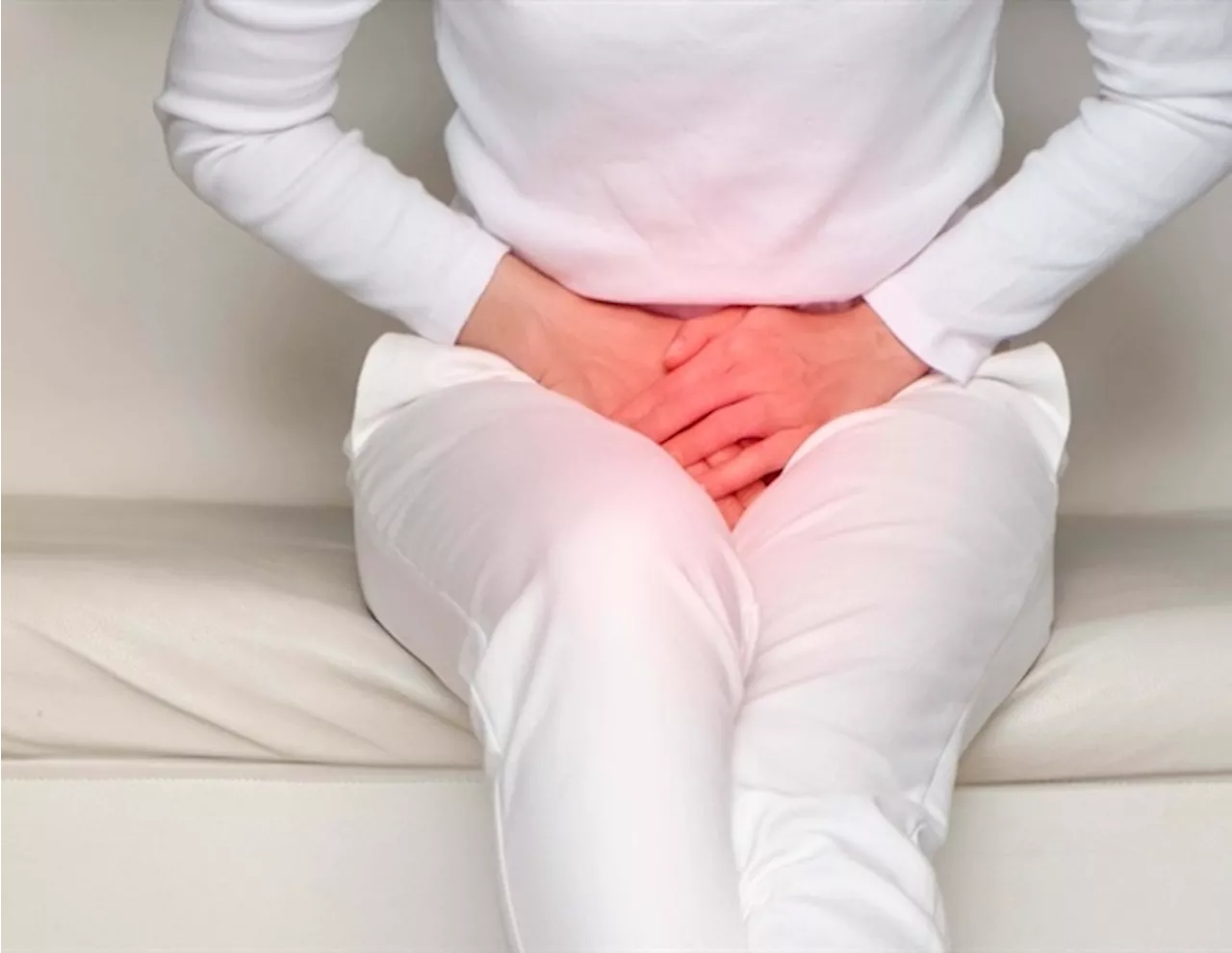A new study from the University of Jyväskylä reveals a connection between eating behavior and pelvic floor disorder symptoms in middle-aged women. The research found that diets high in processed foods and fast food increased the risk of urinary incontinence, while a diet rich in fruits and overall higher quality foods decreased the risk.
A recent study conducted at the University of Jyväskylä in Finland has revealed a significant link between eating behavior and symptoms of pelvic floor disorders in middle-aged women. The research, published in the journal Women's Health , examined the dietary habits of over 1,000 women aged 47 to 55 in the Jyväskylä region and found that certain eating patterns were associated with an increased risk of experiencing pelvic floor disorder symptoms.
For instance, higher consumption of highly processed ready-made foods and fast food was linked to a greater likelihood of stress and urgency urinary incontinence. Conversely, a diet rich in fruits and overall higher quality foods was associated with a reduced risk of stress urinary incontinence. Pelvic floor disorders, which can include stress urinary incontinence, urgency urinary incontinence, fecal incontinence, constipation, and defecation difficulties, are prevalent in women, particularly as they approach menopause. Estrogen decline during menopause, natural aging, reproductive history, and factors that increase intra-abdominal pressure are known contributors to pelvic floor dysfunction. Lifestyle choices, such as dietary habits and eating behavior, have also emerged as potential risk factors.The study, led by doctoral researcher Mari Kuutti from the Faculty of Sport and Health Sciences at the University of Jyväskylä, focused on the impact of disordered eating, encompassing overeating, restrictive eating, and alternating between these behaviors, on the onset of pelvic floor disorder symptoms. Kuutti's team discovered that women who reported disordered eating were more susceptible to experiencing these symptoms compared to women with normal eating habits. The findings underscore the importance of considering eating behavior as a potential contributor to pelvic floor health and encourage further research into the complex interplay between diet and pelvic floor disorders
PELVIC FLOOR DISORDERS URINARY INCONTINENCE DIETS EATING HABITS WOMEN's HEALTH
United Kingdom Latest News, United Kingdom Headlines
Similar News:You can also read news stories similar to this one that we have collected from other news sources.
 Dietary Fatty Acids Linked to Increased Risk of Kidney StonesA recent study published in Scientific Reports has found a correlation between higher consumption of polyunsaturated, monounsaturated, and saturated fatty acids and an increased risk of developing kidney stones in American adults. The research analyzed data from over 30,000 participants and revealed a significant association between these dietary fatty acids and kidney stone prevalence.
Dietary Fatty Acids Linked to Increased Risk of Kidney StonesA recent study published in Scientific Reports has found a correlation between higher consumption of polyunsaturated, monounsaturated, and saturated fatty acids and an increased risk of developing kidney stones in American adults. The research analyzed data from over 30,000 participants and revealed a significant association between these dietary fatty acids and kidney stone prevalence.
Read more »
 Daily Habits Linked to Reduced Bowel Cancer RiskResearch suggests several everyday habits can lower the risk of bowel cancer, the second biggest cancer killer in the UK. These include consuming a daily glass of milk for its calcium content, maintaining a healthy weight, eating a balanced diet rich in whole grains, fruits, vegetables, beans, nuts, and seeds, limiting processed and red meat intake, staying physically active, particularly in the morning and evening, and practicing good oral hygiene.
Daily Habits Linked to Reduced Bowel Cancer RiskResearch suggests several everyday habits can lower the risk of bowel cancer, the second biggest cancer killer in the UK. These include consuming a daily glass of milk for its calcium content, maintaining a healthy weight, eating a balanced diet rich in whole grains, fruits, vegetables, beans, nuts, and seeds, limiting processed and red meat intake, staying physically active, particularly in the morning and evening, and practicing good oral hygiene.
Read more »
 Dietary intervention restores gut microbiome and offers protection against chronic diseasesFindings indicate that a microbiome restoration diet improves gut health and reduces chronic disease markers, highlighting its cardiometabolic benefits.
Dietary intervention restores gut microbiome and offers protection against chronic diseasesFindings indicate that a microbiome restoration diet improves gut health and reduces chronic disease markers, highlighting its cardiometabolic benefits.
Read more »
 Combat Period Bloating with This Simple Dietary HackDr. Karan Rajan, an NHS surgeon, shares a surprising tip for managing period bloating. He suggests increasing soluble dietary fiber intake to bind hormones and reduce reabsorption, potentially easing discomfort. The expert also emphasizes seeking medical advice for severe symptoms, as they could indicate conditions like endometriosis.
Combat Period Bloating with This Simple Dietary HackDr. Karan Rajan, an NHS surgeon, shares a surprising tip for managing period bloating. He suggests increasing soluble dietary fiber intake to bind hormones and reduce reabsorption, potentially easing discomfort. The expert also emphasizes seeking medical advice for severe symptoms, as they could indicate conditions like endometriosis.
Read more »
 Dietary Supplement Use for Immune Benefits in the US Pre-PandemicA recent study by the National Institutes of Health (NIH) investigated the prevalence of dietary supplement use for perceived immune benefits among US residents before the COVID-19 pandemic. The study found that approximately 1 in 9 US adults used dietary supplements for immune benefits, with usage varying by age, health status, and sociodemographic factors. Label claims related to immune benefits were the primary motivator for supplement use, while healthcare professional recommendations played a lesser role.
Dietary Supplement Use for Immune Benefits in the US Pre-PandemicA recent study by the National Institutes of Health (NIH) investigated the prevalence of dietary supplement use for perceived immune benefits among US residents before the COVID-19 pandemic. The study found that approximately 1 in 9 US adults used dietary supplements for immune benefits, with usage varying by age, health status, and sociodemographic factors. Label claims related to immune benefits were the primary motivator for supplement use, while healthcare professional recommendations played a lesser role.
Read more »
 Alarming diet trends of Scottish children shared in 'extremely concerning' studyA new study has revealed that urgent action needs to be taken to improve the 'extremely alarming' dietary habits of Scottish kids.
Alarming diet trends of Scottish children shared in 'extremely concerning' studyA new study has revealed that urgent action needs to be taken to improve the 'extremely alarming' dietary habits of Scottish kids.
Read more »
